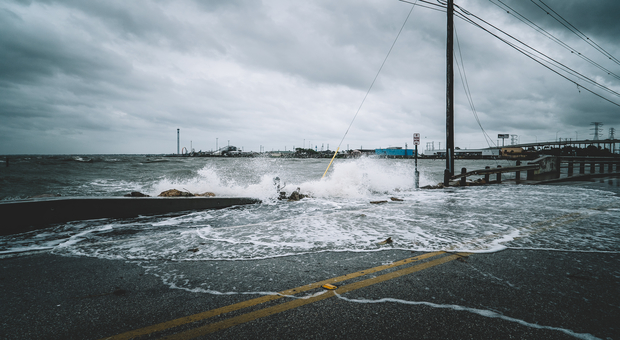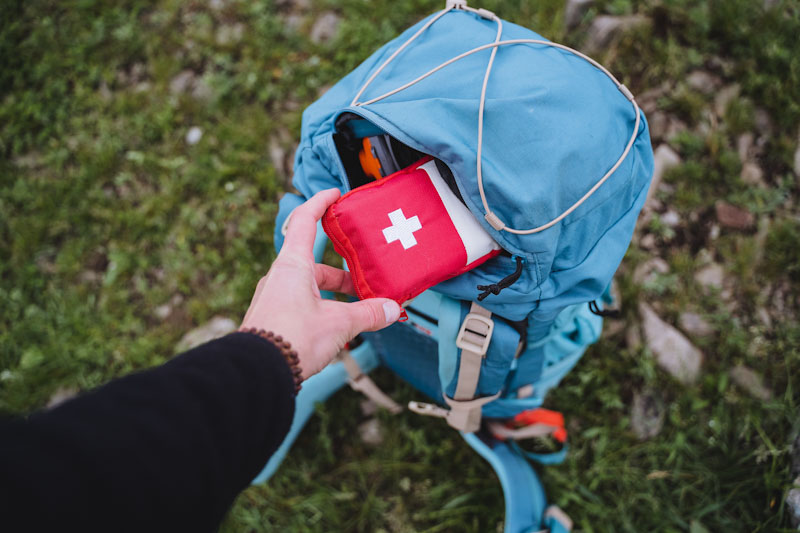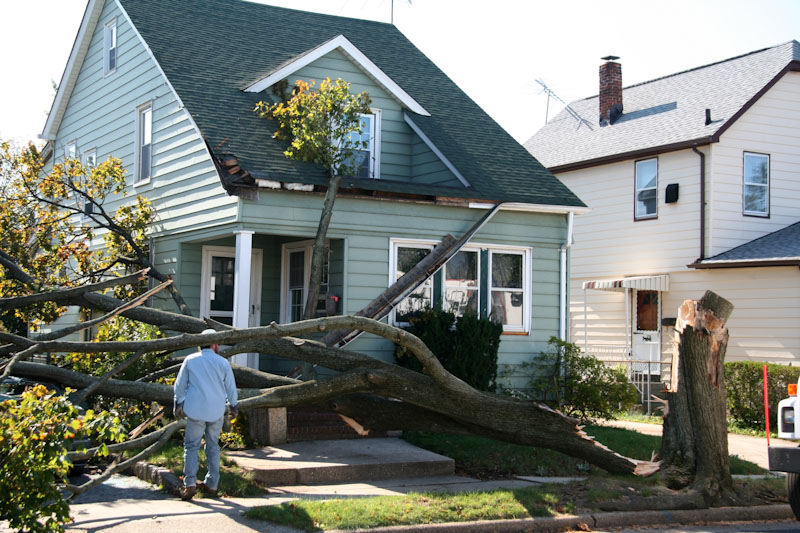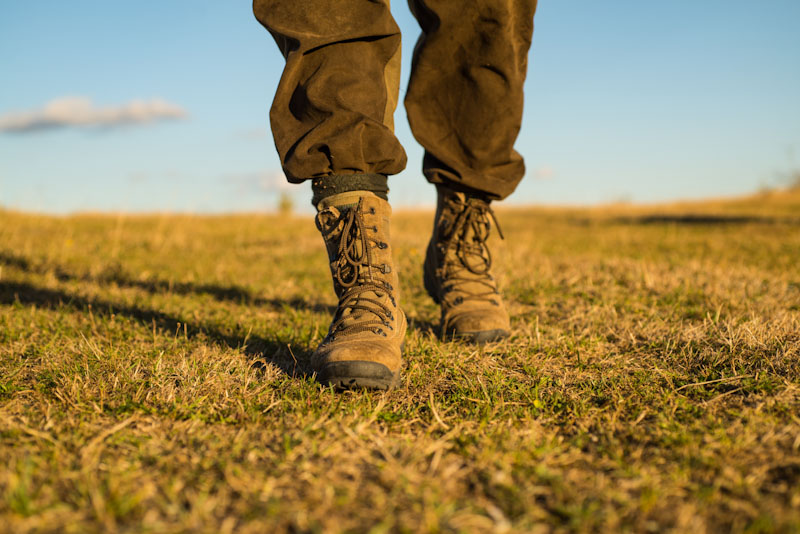There’s a lot of survival info out there on bug out preparation and even FEMA has directives on evacuations.
The problem is, everything you thought you knew about SHTF bugging out is probably WRONG! As Mike Tyson once paraphrased from an original historic quote, ‘Everybody has a plan…until they get punched in the face’.
In the 1900’s, the best weather forecasting usually relied upon how much your joints ached and what you noticed when you looked out your window about as far as your eyes could see. There was no real warning in Texas when a Cat 4 hurricane blasted in with a storm surge that made landfall at Galveston, and took enough people by surprise to kill upwards of 8 thousand before they could escape.
In later years, local governments began to develop evacuation plans and emergency backup procedures for public safety by relying on modern weather prediction science to eliminate the element of surprise.
However, as usual, the government eventually botched up these strategies as well. The truth about the government being ‘here to help’ is one of the dirtiest secrets in the great American Book of Secrets. The gruesome reality is that you are worth more to the Government DEAD, than alive. Especially if the IRS doesn’t make a lot of tax dollars off of you. In fact, you’re a spreadsheet liability if you’re on welfare, food stamps, or some other socialist dole program.
See the ugly bug-out lessons you need to know<<
How to protect your supplies
One of the things I personally try to do, is take whatever advantage I can of any disaster that happens.
That doesn’t mean that I rush out there with loads of supplies to sell at exorbitant prices; I’m not the kind to take advantage of another’s misery. If I rush anywhere with a load of supplies, I would be giving it away, not selling it. Rather, I take advantage of the opportunity to learn what I can from those disasters. Each of them has lessons that we can glean, helping us to better prepare ourselves for when a disaster strikes at our own lives.
The idea of losing everything to a natural disaster is one that we tend to ignore. Instead, we prepare as if everyone else will lose everything, but we’ll be okay, because we have prepared. But the reality is that any preppers living, for example, in Paradise, California, were just as bad off as everyone else in the city.
That is, they were as bad off as everyone else, unless they either had a prepared survival retreat or a supply cache located outside the area destroyed by the fire. Those preps would have helped them survive the aftermath of the fire, giving them food and other supplies to use, as they tried to put their lives back together. Of course, a lot would depend on what sorts of supply caches they had and how well they were stocked.
Click here to see how to cache your survival supplies<<
How to protect yourself and your family
Floods are one of the hardest natural disasters to protect your home from. The sheer power of huge quantities of water is hard to understand, until you have seen it. But once you have, you gain a great respect for what water can do.
There are several different types of floods, ranging from the storm surge of a hurricane to flash floods from rain happening far away. But regardless of the cause of the flood, they can all be categorized in two ways: Slow floods – These are floods which happen from rising waters, generally caused by excessive rain. While the waters may even rise quickly, it doesn’t bear down upon you like a wave. Therefore, the damage caused by this sort of flood is limited to what gets damaged by being wet. Buildings are not normally torn down by the rushing water, unless the flooding lasts long enough to undermine foundations and cause sink holes.
Fast floods – These are floods that come upon us suddenly, with force. The earthquake-caused tsunami that hit Japan’s east coast in 2011 is a perfect example of this. The flood waters came so hard and so fast, that they literally lifted buildings off their foundations and carried them away. A major part of the destructive power of this sort of flood is from the sudden impact of millions of gallons of water hitting homes and other buildings, tearing them down and carrying them downstream.










